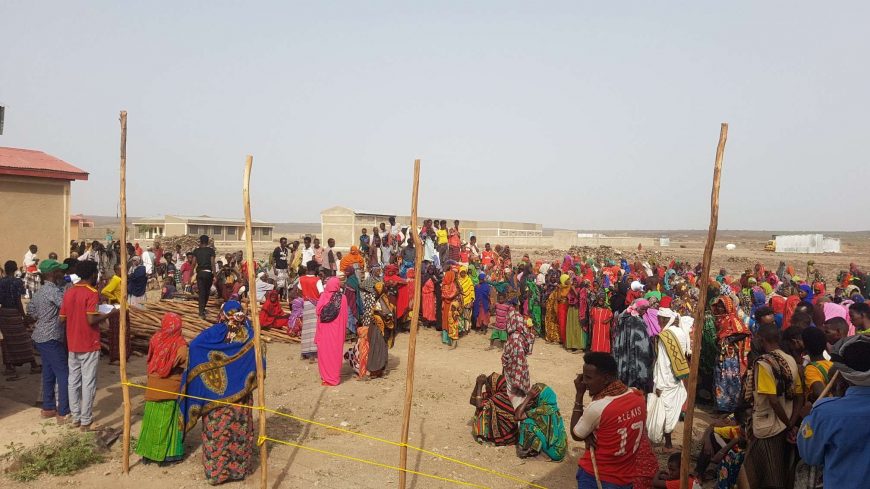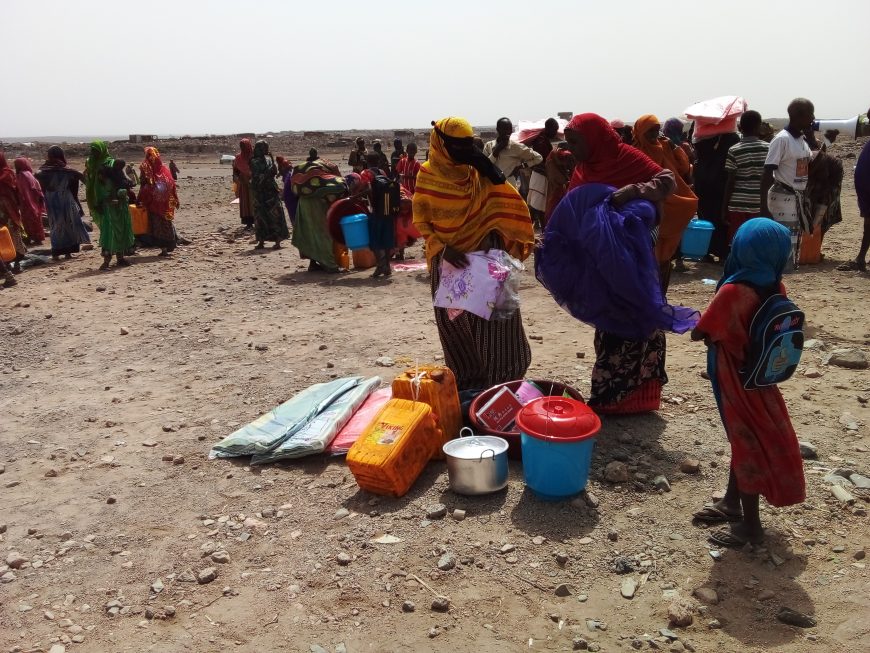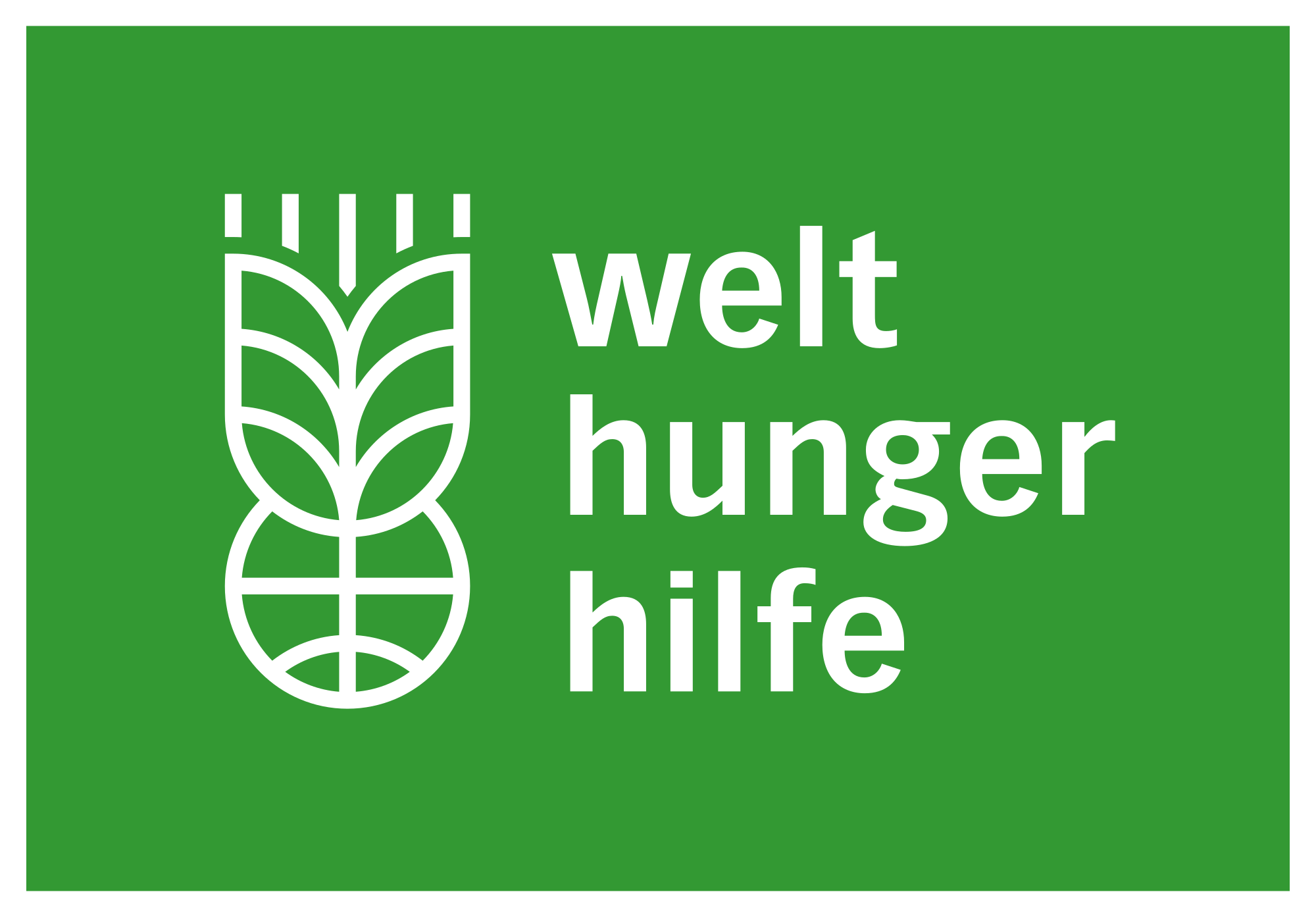The recurrent floods, drought, intercommunal conflict and desert locusts in Somali region of Ethiopia have led to a large magnitude of displacement across the region. The 2015-2016 droughts led to the loss of livelihood sources of the internally displaced persons that currently reside in Hariso site. The site now fully depends on the host community and humanitarian actors that are almost non-existent.
The Somali region has suffered from effects of the combined natural and human induced hazards, which affects both the lives and livelihoods of rural communities. The most common type of hazards that frequently occur in the region are floods (both flash floods and river floods), epidemics, and resource-based conflict. Droughts exacerbate sudden outbreaks of diseases, malnutrition and destitution. Furthermore, climate change has increased the frequency, intensity, magnitude and geographical coverage of drought and flood hazards.
Droughts and floods result in forced displacements
To improve the living conditions of the most vulnerable in Hariso, ACTED, in partnership with Welthungerhilfe (WHH) with funding from the Ethiopian Humanitarian Fund (EHF) to distribute assorted emergency shelter kits and non-food items to 600 households.

Maryan is one of the many people living in Hariso site. She arrived with two of her children while her husband went with the last remaining livestock in search of water and pasture. When all their livestock died, he had to join the rest of his family as he didn’t have any remaining livelihood means.
In June 2021, Hariso hosted an estimated 7,111 internally displaced persons who had lost their livelihood sources and were forced to flee as a result of the droughts and recent conflicts.
Due to forced displacements related to climatic events, Hariso site has been identified to be in critical need of space and development. The lack of adequate access to basic services increased the vulnerability of the internally displaced persons to the COVID-19 pandemic, whilst also facing increased exposure to protection risks due to inadequate service provision and overcrowding.
To respond to this situation, ACTED distributed shelter kits and non-food items to 600 households.

The items provided to the households include blankets, soap, mosquito nets, plates, cups and bed mats helping to alleviate the stress on families. In addition, hygiene and sanitation items were also distributed to ensure that the households do not use contaminated items to carry water and facilitate proper hygiene practices. This also reduces the prevalence of water-borne diseases that are prevalent within the camp.
